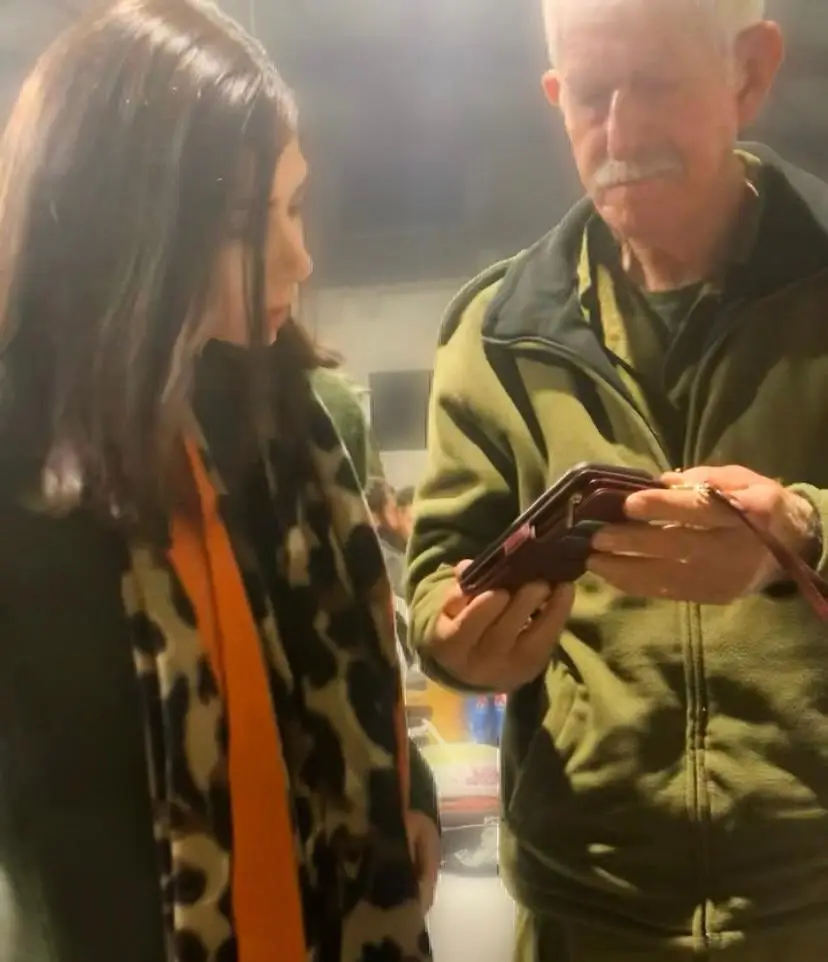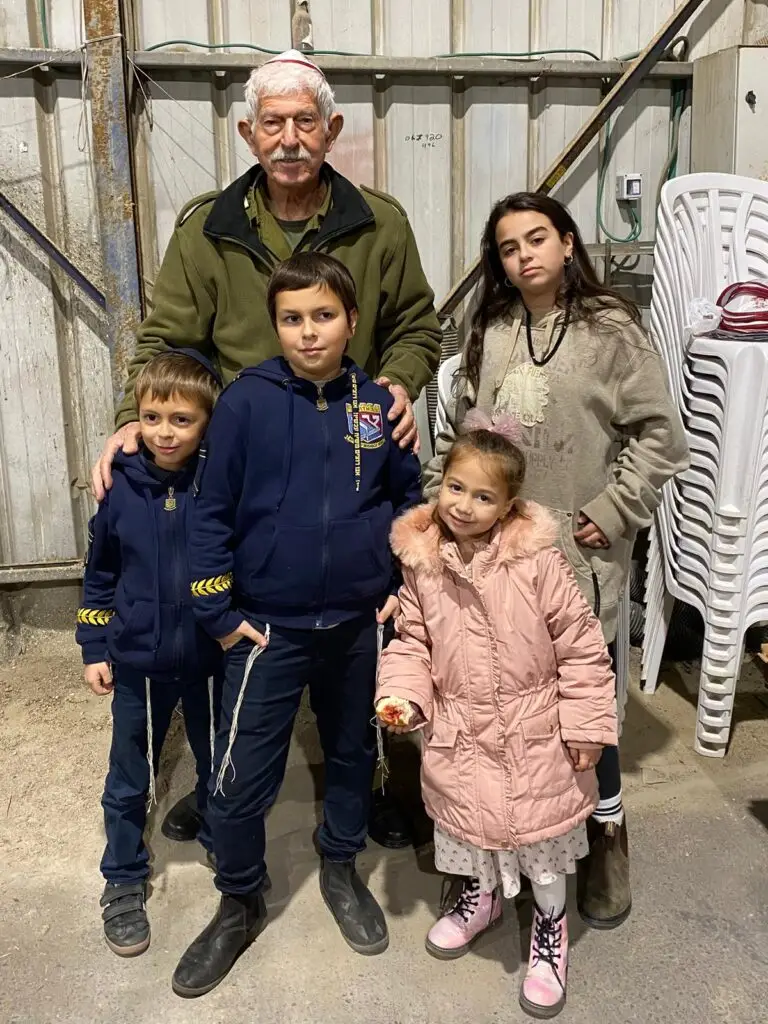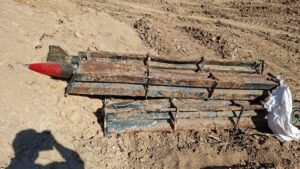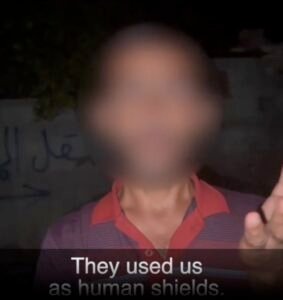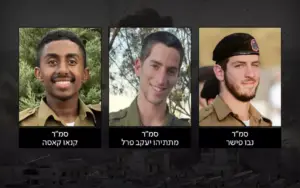It’s time to tell you about our friend, David Eliyahu, who recently celebrated his 77th birthday in the IDF reserves.
We just met up with David at a chanukah party with his unit, on the Gaza border. He had met my boys for the first time a month ago, and the moment he saw them from a distance, he excitedly called them by name.
“You remember their names?!” I said in awe.
“Of course, what do you think I am?” He laughed. “An old man?”
David was conscripted to the army nearly 50 years ago. His first major battle was in the Six Day War, in 1967.
“Until a few months ago, I was in the Tzama unit,” he told me. “But now they caught me, so I got switched to logistics.”
Tzama is the heavy engineering equipment unit. They operate bulldozers, earthmovers, and other heavy equipment, usually clearing mines before infantry enter new territory, and digging trenches and other fortifications to keep troops protected.
During the Six Day War, David served in the north, where he and his unit fought in the Golan mountains to destroy very complex fortifications and bunkers built by the Syrians.
For the next wars, David was in the south. The most difficult in his memory was the War of Attrition, against Egypt and Russia. David’s unit worked to hold the Egyptian forces back, and while under heavy fire, they built the Bar-Lev Line. David lost a lot of friends in that war, and remembers the low morale as it progressed with no viable solution in sight.
David completed his mandatory service in 1971, but was back soon after, for the Yom Kippur War.
He always came running back, whenever he was needed. Even in his ordinary life—for six months a year, David was a lifeguard at the beach in Bat Yam. He loved saving lives, and while he didn’t say it, I’m certain he loved holding the megaphone too.
For the other six months, David operated heavy machinery at construction sites, building up the country he loves. He retired nearly ten years ago, and while he never got to have children of his own, he loves his nieces and nephews as his own, and now cares for their children like he would his own grandkids.
On October 7th, as soon as he saw the news, David searched through his closet, found his old uniform, and sped southwards.
None of David’s friends are in the army anymore, but in the early war chaos, he had no problem finding a unit in need of a bulldozer operator. So there he was, at 75-years-young, driving a bulldozer into Gaza. His first mission was clearing out the mines on the road to Beit Hanoun.
“What made you, at this age, decide to return to the army?” I asked.
“Do you have any other home?” He turned the question back to me, making it rhetorical. “Do you?”
“No, this is the only place where I belong.”
“Your children need to grow up in a Jewish home! In the Jewish homeland!” His passion was boiling to the surface. “This is my home! And if I don’t protect my home, who will?!”
I briefly debated asking him if it was time to relax and let the next generation fill in—but he obviously knew I was going there, and continued before I could.
“These kids are great,” David said, patting the shoulder of his commander, Yaron. “When I’m old, they will do a great job taking over. You know, Yaron works hard, until two in the morning, and then he’s up again at six!”
Yaron laughed. “So maybe David goes to bed at nine, but he’s always up at four in the morning, to say Shema with the sunrise before starting a seventeen-hour day of work.”
“Well that’s because I take my time to pray,” David explained. “I don’t just say the Shema, I read the whole thing slowly. Me and G-d, we have a lot to talk about.”
Yaron is the commander of the Yael logistic unit. They guard the small towns and kibbutzim along the Gaza border, while also providing logistics support to the combat units of the Gaza Division, by bringing food and supplies to their positions in Gaza.
“David is one of my hardest workers,” says Yaron. “You wouldn’t believe that a man at his age could pack and lift such heavy boxes.”
“Well, I do what they let me,” interjected David. “But the second they allow it, I’ll be back in my bulldozer in Gaza, or Lebanon, or wherever I’m needed! You know, I still have a perfect shot. The kids in my last unit were shocked how well I could make a hit, and I don’t need any modern laser to do it.”
The army doesn’t usually let men over 65 in any combat role. The beginning of the war was a different story, but as soon as the higher-ups heard that an almost 76-year-old was on the front lines, they sent orders to return him.
“It was when my great-nephew was killed in battle,” David’s whole composure suddenly changed. “My Ofir, his father is like a son to me, we are very close. Ofir Eliyahu was a hero until his last day. He was barely 20 years old.”
David showed me a photo of his great-nephew, and then showed it to everyone around us, “just look at his beautiful face.”
“After this,” David continued, “the army told me they don’t want any more heartache for our family. So now, here I am, in a low danger position.”
He lifted his shoulders and stood straight again.
“I will do whatever I can, whatever they let. My age doesn’t matter, because G-d gives me strength. But the kids, they need to grow up in a Jewish homeland.”
He turned to my son, “promise me that, okay? You will grow up a Jew, in the Jewish homeland!”
Then we all stood together, and recited the blessings, as the division commander lit the Chanukah menorah.
—
PS, thank you to our readers who donated to Yaron and David’s unit in our previous campaign! We were able to check off a lot of important items from their wishlist, keeping their unit and others in the Gaza Division warm and safe this winter! We were also able to ensure that David is not sleeping on the floor of a tent this winter, but instead, he and other reservists have a rental home in the border town they guard.
